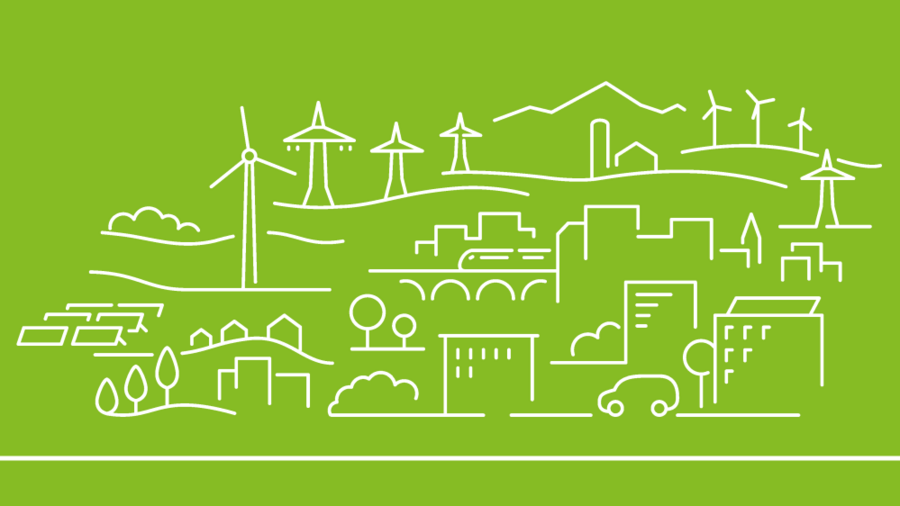IÖR-Forum
Geosimulation and Optimization of Human-Environment Systems
Dr. Judith Verstegen
Assistant Professor Geo-information Science, Utrecht University

This talk will focus on spatially modelling and analyzing the interaction between people and their environment, using two sets of methods. The first is geosimulation modelling, in which we capture domain knowledge about a spatial system in a computational dynamic model (agent-based or cellular automata) to better understand this system and make future projections, with the aim to guide policy making. The second method is spatial optimization, in which a policy-relevant control variable (e.g., land use) is systematically adjusted with the aim to find theoretically optimal spatial configurations given a number of objectives. The two sets of methods are connected in their complementarity. Dr. Verstegen will present several case studies to demonstrate their opportunities and pitfalls for analyzing Human-Environment Systems.
Our Speaker:
Dr. Judith Verstegen is an Assistant Professor at the Department of Human Geography and Spatial Planning, Utrecht University, The Netherlands. Her research is focused on two sets of methods in Geo-Information Science: geosimulation modelling and spatial optimization. Dr. Verstegen likes working with domain experts to apply these methods to their system of interest, because it allows to meet interesting people and see the world from different viewpoints.



